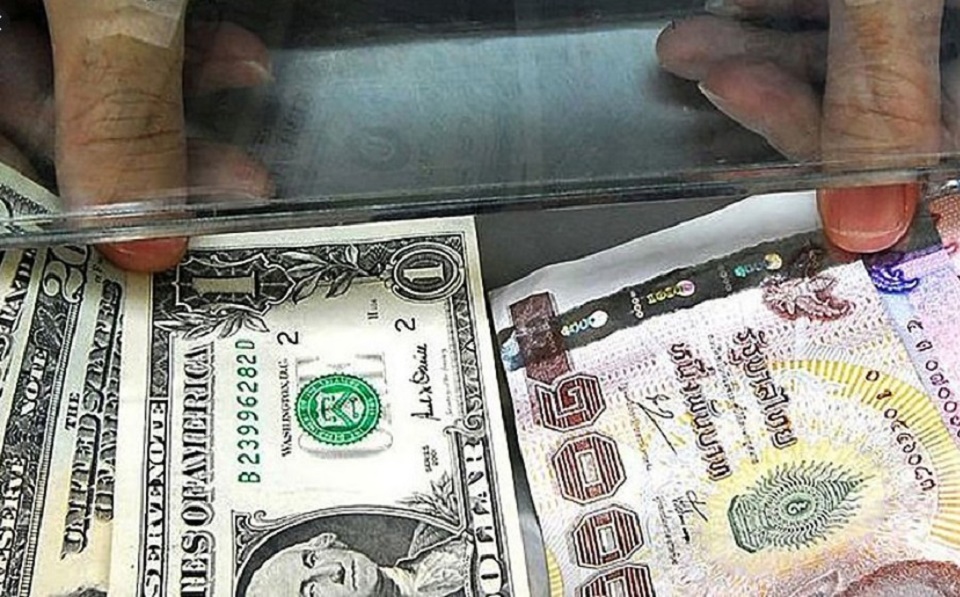
BANGKOK – During a censure debate, targeting the Prime Minister and Defense Minister, Gen. Prayut Chan-o-cha, the opposition Pheu Thai Party MP for Maha Sarakham, Suthin Khlangsaeng, said that the country’s high public debt is attributable to the government’s failure to address economic problems. However, several factors have affected the Thai economy for many years, including strict trade measures, technological advancements and drought, all of which have weakened people’s purchasing power. The COVID-19 pandemic has had a significant impact on people’s lives worldwide, but the Thai government is continuing to roll out measures to drive the domestic economy during this crisis.
The Thai economy has been affected by a number of uncontrollable factors over the past few years. The trade war between the world’s economic superpowers, China and the United States (US), led to sluggish global growth, hurting Thai exports (World Bank 2016+3.4% 2017+3.8% 2018+3.6% 2019+2.9%). Thailand is one of the major exporters of information technology (IT) products, electronics and circuit boards to China.

By the end of 2019, the US revoked the Generalized System of Preferences (GSP) benefits for 573 Thai products. The Thai export sector suffered more blows after the US suspended GSP benefits for 231 Thai products last year.
Furthermore, Thai exporters were hit by the continuous appreciation of the Thai baht. The strong currency was attributed to Thailand’s high current account surplus and foreign reserves, backed by a strong economic foundation.
Some business and industrial sectors were unable to keep pace with technological changes, slowing the transition process.
Nonetheless, the government actively continues to implement measures to support the economy, starting with providing low-income earners with state welfare cards, offering crop price guarantees to help farmers and improving the liquidity of small and medium-sized enterprises (SMEs), to ensure smooth business operations. The government also helps stimulate tourist spending through its Chim Shop Chai (Taste, Shop, Spend) scheme, aimed at injecting more capital into the local economy.

Although the drought situation has undermined some of these efforts, the government continues to direct its human and financial resources to helping those affected in the long term.
Various measures resulted in economic growth in 2019 (Thai economic growth in 2019 Q1+2.8% Q2+2.3% Q3+2.4% Q4+1.6%), but the unexpected occurrence of the COVID-19 pandemic led to a national lockdown and travel restrictions, affecting tourism, trade and investment worldwide. Adverse effects on the Thai economy cannot be avoided.
The government has been working to the best of its ability to keep the situation stable and to drive the Thai economy amid the global crisis. (NNT)





